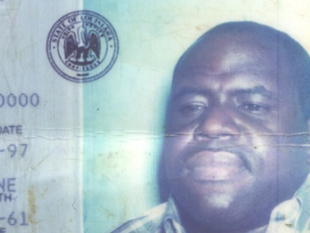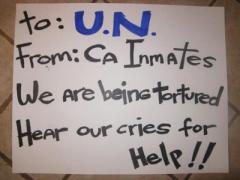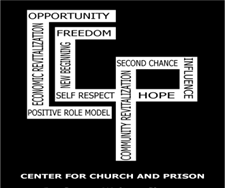
At about 12.40pm on 2 January 1996, Timothy Jackson took a jacket from the Maison Blanche department store in New Orleans, draped it over his arm, and walked out of…

At about 12.40pm on 2 January 1996, Timothy Jackson took a jacket from the Maison Blanche department store in New Orleans, draped it over his arm, and walked out of…
WASHINGTON—Wade Henderson, president and CEO of The Leadership Conference on Civil and Human Rights, issued the following statement on today’s bipartisan introduction of the Second Chance Reauthorization Act and the release of a new report from The Leadership Conference outlining a comprehensive policy agenda to ease the re-entry process entitled “A Second Chance: Charting a New Course for Re-Entry and Criminal Justice Reform:
Corrections Corporation of America (CCA), the biggest private prison company in the country, earned $1.7 billion last year from locking people up. If immigration reform goes badly, they could make even more.
By Aviva Stahl
Even if we already know the statistic, hearing it is pretty chilling: one out of every 100 Americans is behind bars, by far the highest incarceration rate in the world.

by Sarah Lazare California prison inmates have held three hunger strikes and mass work stoppages in the last two years, protesting appalling conditions and the torture of solitary confinement.

By Steven Rosenfeld, AlterNet “One out of three black men in Louisiana” under prison system.
By Safi Knafo, Huffington Post If sitting in a prison cell was a job, it would be one of the most common jobs in the United States. In 2012, there…
By Jesse Lava and Sarah Solon
“CCA” has become a dirty word.
Kanye West cited it when rapping about America’s class of “New Slaves.” Anonymous invoked it to describe a bad financial investment that undermines justice. And for state after state, the word represents a failed approach to public safety.

The Center for Church and Prison, Inc. is excited to collaborate with the Institute of the Black World 21st Century.
By Andrew Gumbel In 1831, Alexis de Tocqueville visited the Eastern State Penitentiary in Philadelphia to observe first-hand the effects of a peculiar — and, at the time, entirely novel…
By Maya Schenwar
As the debate rages over whether poor people deserve to eat, it’s an apt time to acknowledge that in some states, the right to food stamps has long been denied to a large group of poor people: those with felony drug convictions.